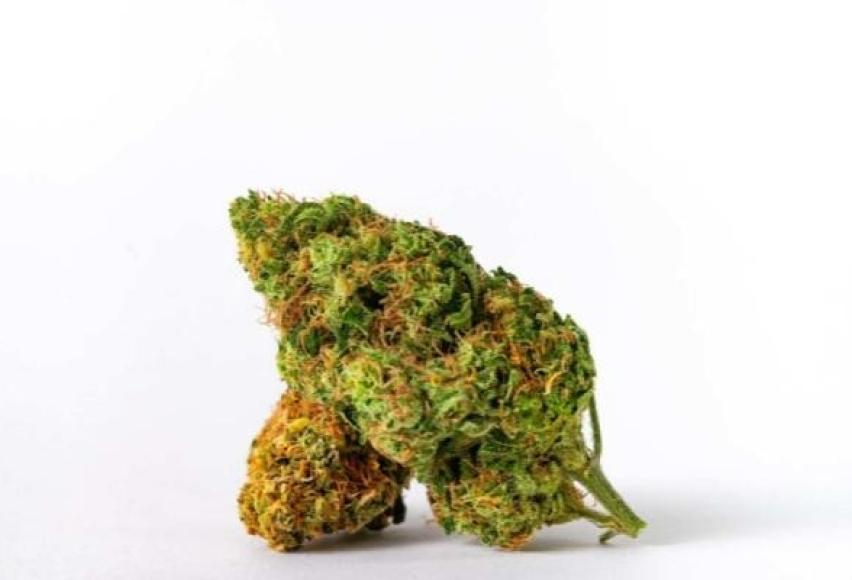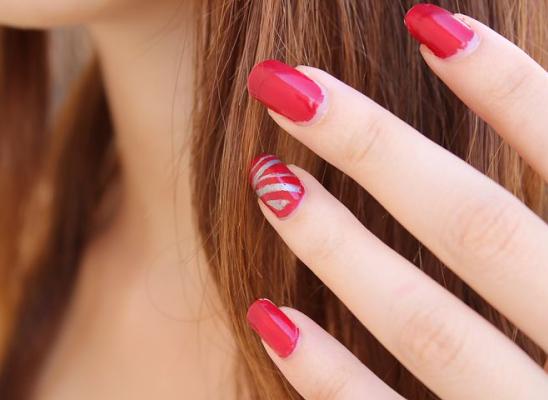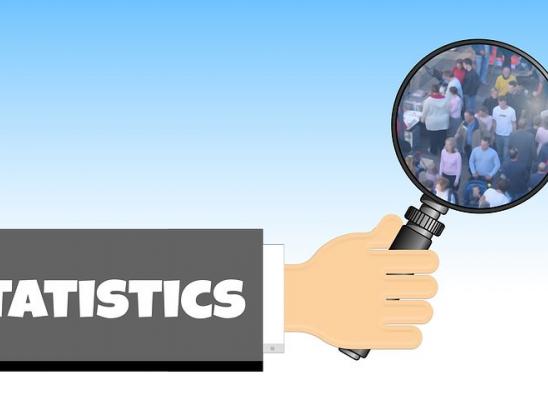Smoking weed and the urge to pull - is there a link?

Online test
Find out the severity of your symptoms with this free online test
The term Body Focused Repetitive Behaviour (BFRB) refers to the compulsive repetitive behaviour that some people engage in that actually causes harm to them and has a detrimental, unsightly effect on their appearance. These compulsive behaviours which usually occur in adolescence or in adulthood and can be triggered by some form of trauma, stress or other psychological conditions like depression and anxiety. There are different types of BFRBs which include pulling one's hair out -including eyebrows and eyelashes (trichotillomania), skin picking (excoriation), and nail and cuticle biting (onchopagia).The two most well known forms of BFRBs are trichotillomania and excoriation, however there is still little research on how to treat these conditions. People who engage in these behaviours may find it temporarily relieves the stress and anxiety they feel. They may even enjoy the act of pulling out their hair or picking, as it gives them an outlet to deal with their emotions and stress. However, the act of pulling their hair out can result in unsightly hair loss, and skin picking can result in infections and leave skin pocked with marks and scars. The results of hair pulling and skin picking can result in poor self esteem and shame associated with how the conditions may be socially stigmatised once noticed, and attempts to hide the compulsive urge to pull hair out or pick at the skin. Family members of people who engage in these behaviours may at first not understand it or think it is a phase that they will outgrow, which may be frustrating and cause the condition to worsen. When the compulsion reaches a point where treatment is needed, there are different types of treatments available. Often, people who engage in these compulsive behaviours will resort to some form of measure that will help them, including seeking counselling and psychotherapy where they will learn how to stop these unhealthy behaviours through cognitive behaviour therapies that include habit reversal training, or through medication such as anti-depressants, including selective serotonin reuptake inhibitors, or even marijuana.
The link between use of marijuana and BFRBs
The use of conventional anti-depressant medication does not always work for each person, as each person's case and triggers for why they pull out their hair or pick at their skin are different. People will experience different reactions to medications administered to them. For some, the treatment is successful, and for others, it is not as successful as expected. It must be remembered that treating trichotillomania or excoriation means helping users to understand why they do it, what triggers that compulsive urge to pull or pick and to help them manage their compulsive urges. In some cases, treatment and therapy is very successful in helping compulsive hair pullers or skin pickers to completely stop the habit, but again, each person has a different success story. Interestingly, some people who have trichotillomania or excoriation have reported that smoking marijuana (medical cannabis) causes them to pull out their hair or pick at their skin at with an increased intensity. This could be attributed to the side effects of smoking marijuana, which includes a loss of inhibitions and unawareness of what they are doing unless the damage such as a large amount of hair loss or skin riddled with scars. The loss of inhibition includes a loss of sense of time, and hair pullers and skin pickers may discover that what they thought were a few minutes of picking at their skin or pulling out a few strands of hair became hours, resulting in extensive hair loss or skin damage. However, there is not a great deal of extensive research indicating this as most available resources show that people who report this particular effect seem to somehow be in the minority.
 A person who already has psychotic symptoms such as depression and anxiety may experience exacerbated symptoms caused by smoking marijuana, as a psychoactive component present in marijuana called tetrahydrocannabinol (THC) could play a role in increasing the process present in the brain that causes psychosis symptoms. Psychosis symptoms are associated with mental illnessses such as depression, delusions, halluciations, disorganised thinking and anxiety. This could explain why a person may experience increased tendencies to engage in trichotillomania or excoriation. This is because it appears that people who engage in BFRBs have reported that the use of marijuana, instead, helped them to decrease the extent they pulled their hair out or picked their skin, or helped them to stop this bad habit altogether. There is another component present in marijuana, other than THC, called cannabidiol (CBD) that may counter or reduce psychosis symptoms.
A person who already has psychotic symptoms such as depression and anxiety may experience exacerbated symptoms caused by smoking marijuana, as a psychoactive component present in marijuana called tetrahydrocannabinol (THC) could play a role in increasing the process present in the brain that causes psychosis symptoms. Psychosis symptoms are associated with mental illnessses such as depression, delusions, halluciations, disorganised thinking and anxiety. This could explain why a person may experience increased tendencies to engage in trichotillomania or excoriation. This is because it appears that people who engage in BFRBs have reported that the use of marijuana, instead, helped them to decrease the extent they pulled their hair out or picked their skin, or helped them to stop this bad habit altogether. There is another component present in marijuana, other than THC, called cannabidiol (CBD) that may counter or reduce psychosis symptoms.
How marijuana reduces anxiety levels
Medicinal marijuana or cannabis may be prescribed to someone suffering from BFRBs, particularly trichotillomania or excoriation to help them better manage their condition. The use of medicinal marijuana is legal in several states in the United States. Even though it may be legal, the US food and Drug Administration still has not recognised or approved the marijuana plant as a medicinal plant. The use of medicinal marijuana is legal in some parts of Canada and Europe. Australia recently legalised the use of medical marijuana for people who have painful or chronic illnesses. However, despite the growing legislation of medical marijuana in some countries, it is largely illegal and many healthcare professionals are reluctant to prescribe it to their patients because of the psychotic side effects associated with the drug, and no concrete case studies on its effects, particularly for BFRBs. A pool of research shows that the recreative use of marijuana may actually increase anxiety and depression rather than decrease it. There is not a lot of information detailing the link medicinal marijuana has in reducing anxiety levels and the urge to pull hair out or pick skin. Cannabidiol's theurapeutic potential to treat psychotic conditions among others is still being researched. Overall, there is ongoing research on the impact medicinal marijuana has on treating several different medical conditions, including trichotillomania and excoriation and its safety. When it comes to treating your compulsive urge for trichotillomania or excoriation, it is best to consult a qualified therapist who knows how to deal with these issues. This therapist will be able to help you decide on the best form of therapy to help you manage or stop your compulsive urge to pull your hair out or pick at your skin and help you improve your self image.
Online test
Find out the severity of your symptoms with this free online test
Start your journey with TrichStop
Take control of your life and find freedom from hair pulling through professional therapy and evidence-based behavioral techniques.
Start Now



